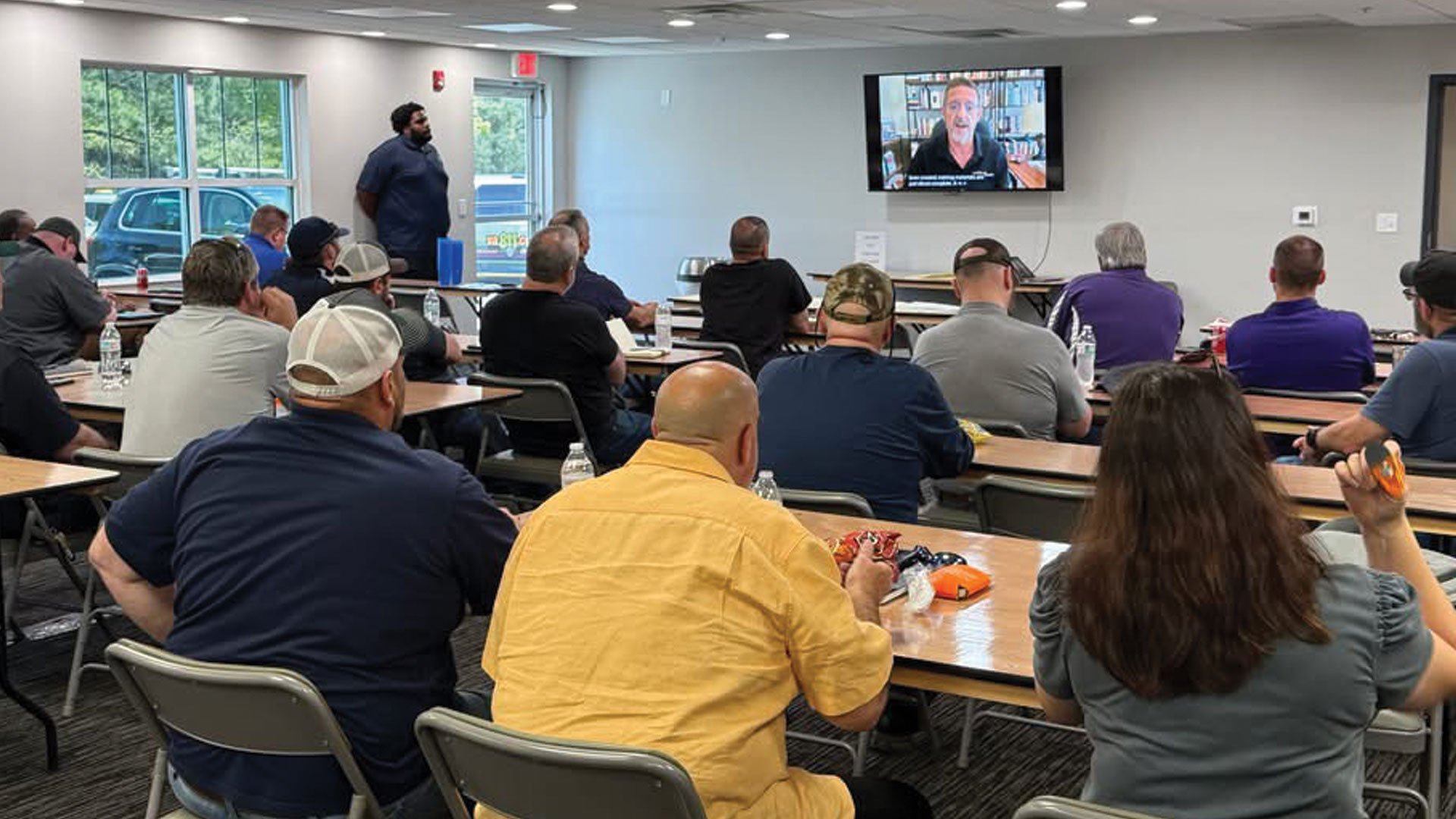
There is no question the 811 process is under pressure. The Digital Revolution, which has sparked a rural broadband initiative and an increased number of large project data centers, along with an energy initiative that includes, but is not limited to, the expansion of solar fields and electric charging stations, has been a large force behind this pressure. Add to this a cultural shift in workforce behavior and a true “perfect storm” has formed over the 811 process. This storm has left many struggling to ensure this important process is effective!
Virginia has not been immune to these forces. Virginia 811 has witnessed, between 2020 and 2024, three record years in ticket volume! While, due to challenges with data, it cannot be definitively stated that tickets are covering larger areas of excavation, anecdotal evidence suggests this is the case. Thus, not only is ticket volume higher, but the average area of excavation has most likely increased! This places enormous pressure on locators to respond to tickets. Again, collectively, a perfect storm has hit damage prevention where it hurts!
While in no way suggesting any level of perfection – as Virginia continues to struggle to keep the “damage prevention ship” afloat, I can personally attest to how impressed I am to see so many stakeholders, from the state regulatory agency, to excavators, to locators, to utility operators, come together to find solutions. While nationalized legislation related to the 811 process may seem the easy route to pursue, a host of issues challenge this assertion. Variables ranging from regional geographic and climate uniqueness to differing local damage prevention cultures compel us to question the soundness of nationalized regulation. Before looking to national legislation, I hope stakeholders will pause and reflect on how state-level solutions might be realized.
In Virginia, stakeholders have come together in multiple venues to find solutions, resulting in a year to date decrease in locator “No Shows” of over 53% relative to last year. More telling is an excavation readiness in Virginia well beyond the possible excavation readiness nation-wide of roughly 50%, a “coin toss,” as suggested by the Common Ground Alliance. Virginia’s excavation readiness has averaged 83% between 2020 and June 2025. This suggests that, as North Carolina 811 has stated, we must “ditch the ‘us against them’” mindset – we must work together.
In this spirit, over the post-Pandemic period, Virginia stakeholders have worked together to:
- Amend the Damage Prevention Act in 2023 allowing for the scheduling of tickets up to 12 business days in the future. Data has consistently suggested that scheduled tickets have a slightly lower no-show rate per 1,000 responses and a less likelihood of receiving a Code 60 (agree to alternate marking schedule) than non-scheduled tickets.
- Amend the Damage Prevention Act Law in 2023, changing the scope of a ticket from 1 mile to 1/3 of a mile.
- Implement a Rules of Enforcement Change in 2024, allowing for electronic white lining (EWL). EWL was launched on June 27, 2025, when Virginia 811 switched to its new center software platform, Irth Exactix.
- Code 60 process change. Code 60, "excavator and locator agree to alternate marking schedule," has been modified to allow excavators to accept or decline the Code 60. This has formalized the Code 60 positive response helping to ensure an agreement between locator and excavator did indeed occur.
In addition to these stakeholder-partnered initiatives, Virginia 811 has implemented the following enhancements:
- Virginia 811 worked with a vendor to develop software to better track updated tickets. Through this improvement, excavators can now request a list of all of their tickets with the number of updates for each ticket highlighted. Excavators can then work from that list to determine if any updated tickets have either been completed and can be pulled from future updates, or if the scope of work can be modified.
- Virginia 811 worked with a vendor to develop software allowing companies installing fiber to share projects with Virginia 811 at least 6 months ahead of time. The software helps determine which members are affected by upcoming projects without divulging details about exactly where fiber will be installed. This allows Virginia 811 to then reach out to affected members and inform them that tickets will be increasing in roughly 6 months, allowing them to better prepare for ticket increases.
- Virginia 811 designed and had created "Locate Assist." Locate Assist enhances the ability to schedule tickets up to 12 business days in advance through the use of AI. A trained algorithm monitors ticket volume throughout Virginia. If ticket volume crosses a threshold the algorithm determines to suggest a greater likelihood of a no show occurring, Locate Assist then sends a notification to the excavator indicating the region is experiencing higher than normal ticket volume and the ticket may not be excavation ready when the ticket is due. The excavator can then cancel the ticket and schedule it for a different day.
- Virginia 811 successfully applied for Broadband Equity, Access, and Deployment (BEAD) funding to create 2 new Broadband Support Specialist positions. This position dedicates two Full-Time Equivalent (FTE) to work with Virginia Telecommunication Initiative (VATI) funded fiber excavators to realize a host of efficiencies to help with overall ticket volume and excess "noise" in the 811 process. Two team members filled this position earlier this spring.
Through partnerships among stakeholders, focused less on pointing fingers and more on finding solutions, Virginia has made some headway in handling the pressure on the 811 process following the Pandemic. I am proud of the work this group has accomplished, and I look forward to the continuation of discussions to identify unrealized improvements!